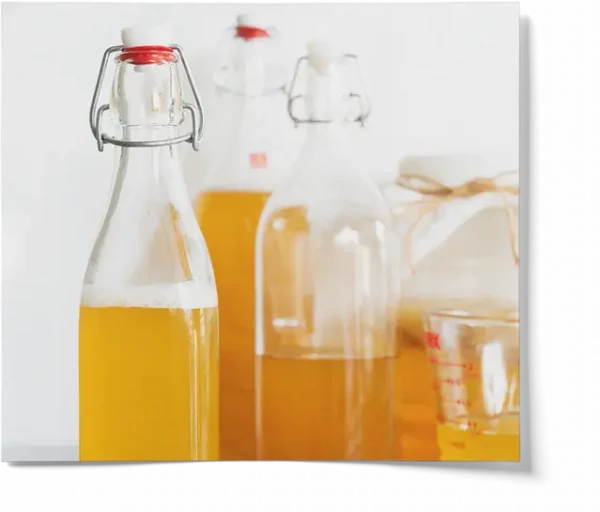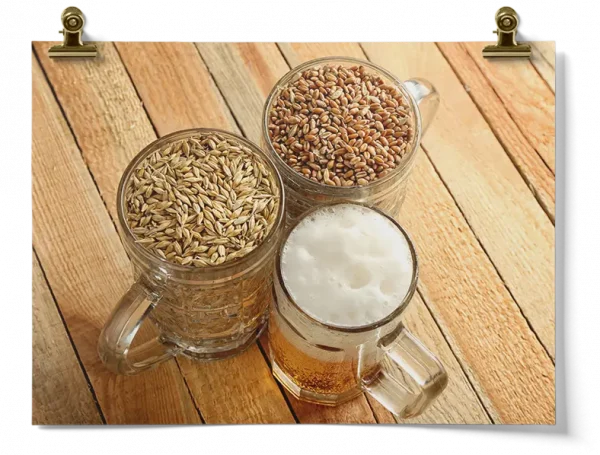$5.99
In stock






Corn Sugar, dextrose, or priming sugar is commonly used during the secondary fermentation. It’s used to “prime” beer, cider or any drink that you want to naturally carbonate in the bottle. “Priming” is the act of adding small amounts of fermentable sugar to your beer just before bottling. This small amount of sugar is then consumed by the residual yeast which then produces carbonation inside of the sealed bottle. Corn sugar is the best priming sugar as it is easy for the yeast to consume and has a neutral flavor which will leave your beer tasting the way you brewed it. In addition, dextrose can be added to increase fermentable sugar in your beer without impacting the beer’s flavor profile. A pound of dextrose will add 1.042 points per gallon (PPG) to your specific gravity.

Corn Sugar, dextrose, or priming sugar is commonly used during secondary fermentation. It’s used to “prime” beer, cider, or any drink that you want to carbonate in the bottle naturally.


A typical 5 gallon batch of beer requires 4 to 5 ounces of corn sugar. Boil 16-20 ounces of water, dissolve the priming sugar into the water, and continue boiling for about 5 minutes to sanitize. Allow the solution to cool then add your priming sugar mixture to your brew just before bottling.





| Weight | 1.04 lbs |
|---|---|
| Dimensions | 6 × 9 × 2 in |